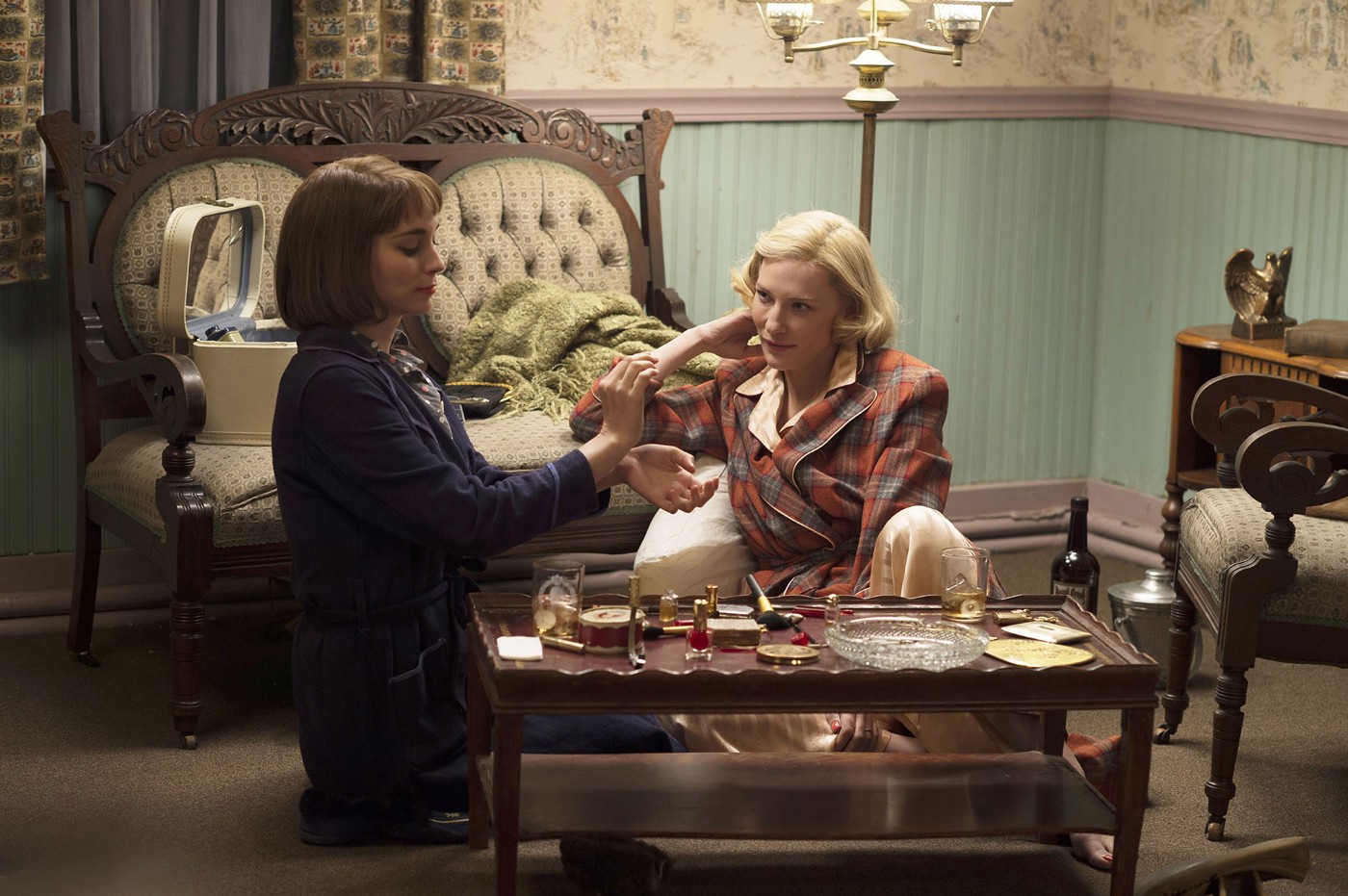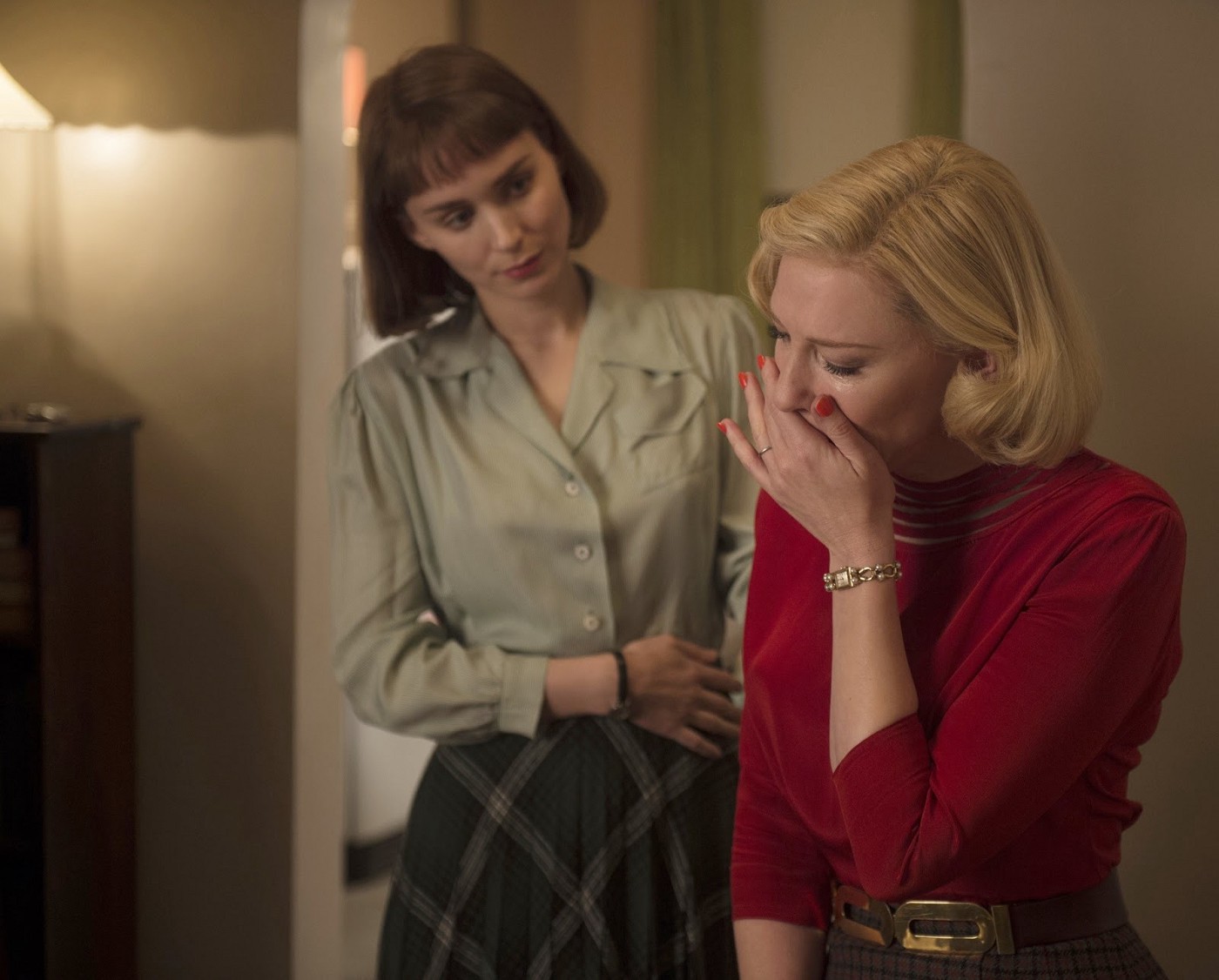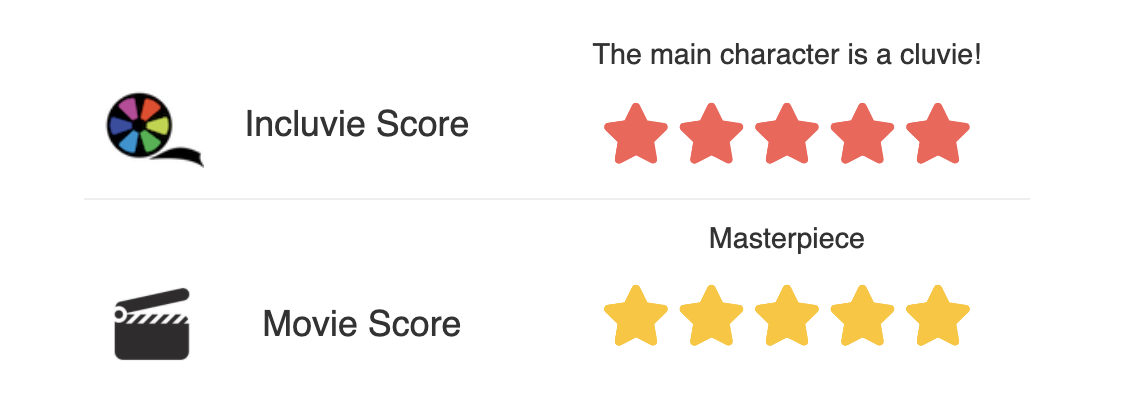'Carol' Movie Review: A Gorgeous LGBTQ+ Romance
The 1950s lesbian romance is stunning, emotional, restrained, and, simply put, one of the best movies I’ve ever seen depicting a woman-loving-woman (WLW) relationship.
How to describe Todd Haynes’ 2015 Carol? The 1950s lesbian romance is stunning, emotional, restrained, and, simply put, one of the best movies I’ve ever seen depicting a woman-loving-woman (WLW) relationship. The story, focused on innocent Therese Belivet (Rooney Mara) and sophisticated Carol Aird (Cate Blanchett), beautifully delivers a romance that is characterized by longing, loss, and love.
From the moment that Carol and Therese first catch a glimpse of each other from across a crowded department store around Christmas-time, it’s obvious that they will form a connection. On the surface, their interaction is nothing special — Therese sells Carol a toy train set. However, there is a lingering note of flirtation underlying the entire scene that just begins to hint at the subtle intensity that is itself one of the most striking elements of Carol. Some of its most passionate moments are conveyed through a simple glance, a hand on a shoulder, a smile.

The stunning performances in the movie add greatly to this quiet emotional intensity. The innocence of Mara’s Therese contrasts perfectly with Blanchett’s Carol, who is achingly elegant. You can feel both of their emotions through the simplest shift in their facial expressions.
I would also be remiss if I weren’t to mention the beautiful atmosphere of the movie as a whole. The 1950s settings are lush, from a bustling New York City around the holidays to Therese’s simple apartment, to Carol’s grand home, to hotel rooms with varying degrees of stunning richness, to their decor. The soundtrack that underlies it all contributes to the viewer’s sense of the time period and swells at all the appropriate moments to add passion and intensity to its scenes.
The film’s treatment of a relationship between two women is notable for its happy ending. Many stories that depict WLW relationships end in tragedy, heartbreak, loss of some sort, or even death. Carol ends on a hopeful note, leading viewers to believe that there is the potential for a happy future for Carol and Therese together.

Also, while the title character’s relationships with women are a major point of contention in the story, specifically as she fights to keep custody of her daughter through her divorce from her husband, there are also moments of lightness and sweetness that let viewers fall for Carol and Therese as they fall for each other.
Many people in the LGBTQ+ community wish that more of the WLW stories in media could exist in the modern-day rather than being set in the past. While I definitely agree that it would be fantastic to see more stories being told about characters that exist in the present-day, I also think that the 1950s setting of Carol allows for the longing that is so central to its love, along with the perseverance of this love through stigma and hardship.
I would highly recommend watching this movie if you’re looking for something that’s both gorgeous and heart-wrenching, and is, ultimately, a beautiful WLW love story.

Movie review originally published by Maddie Rehrman on December 9, 2020.
More to explore
By Same Author
Related lists created by the same author





